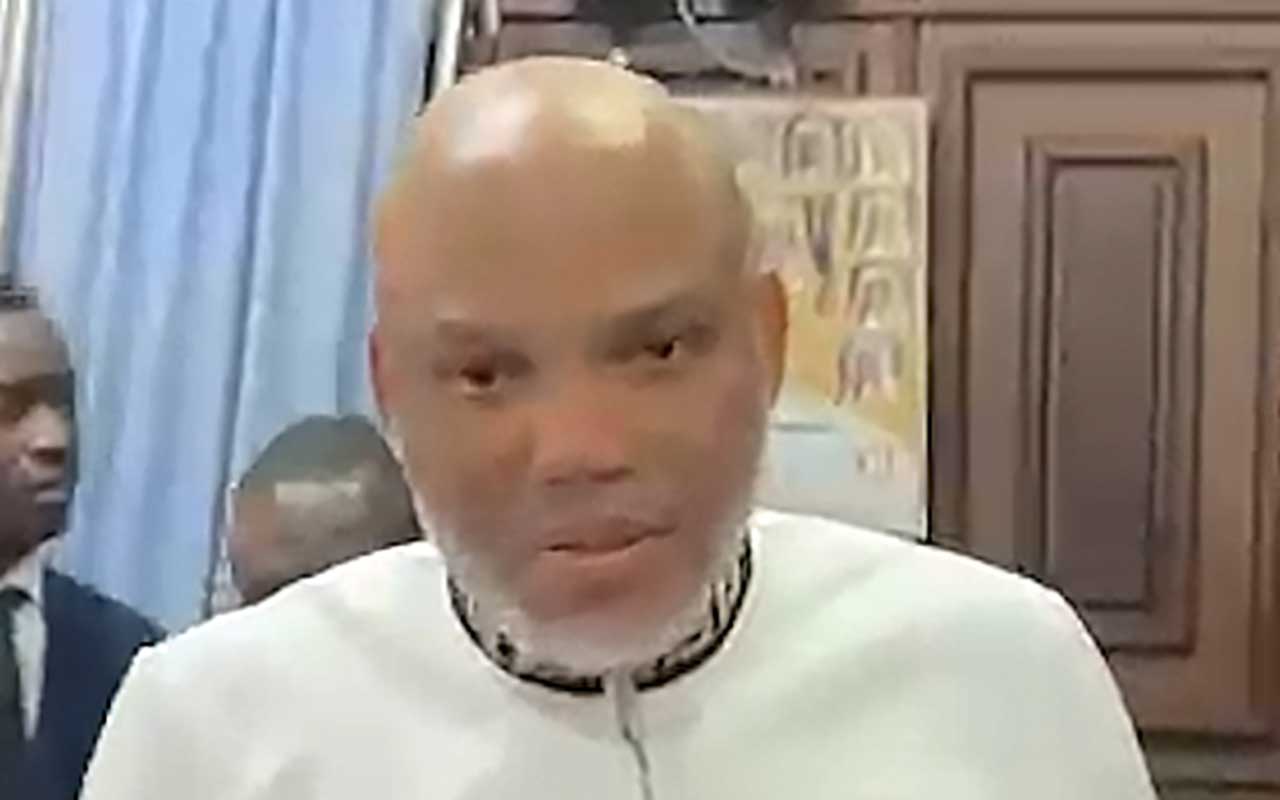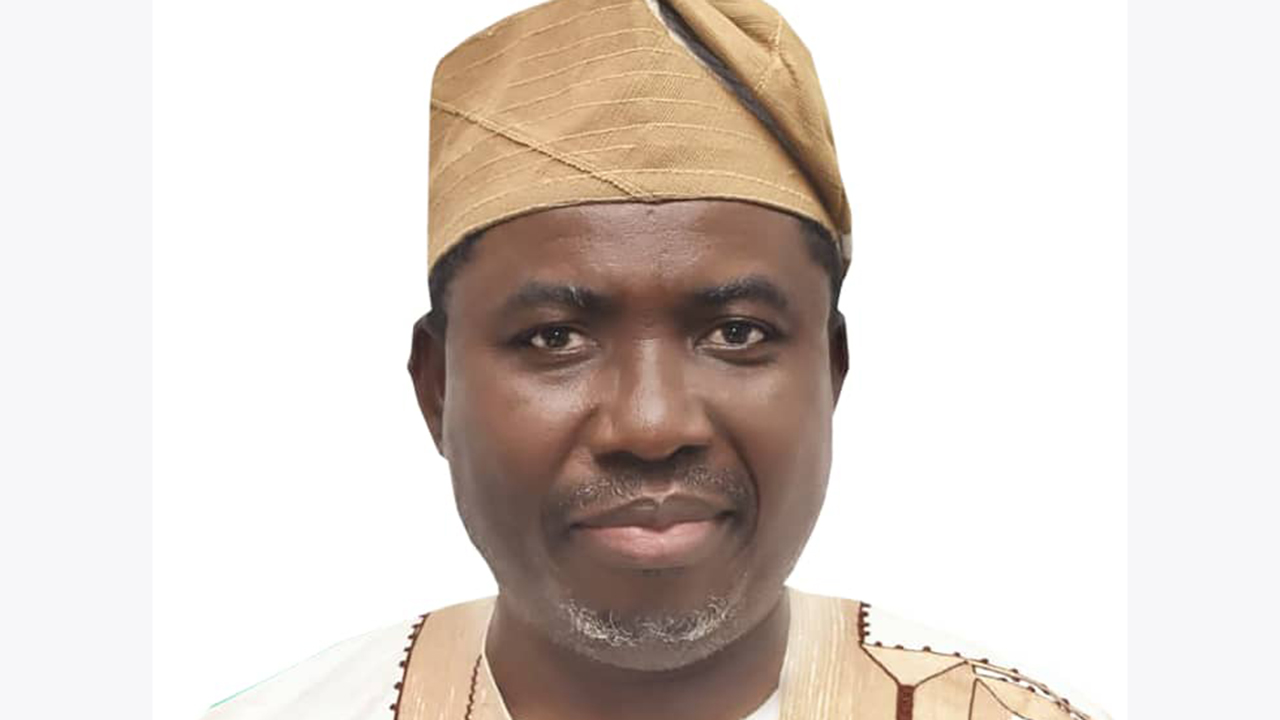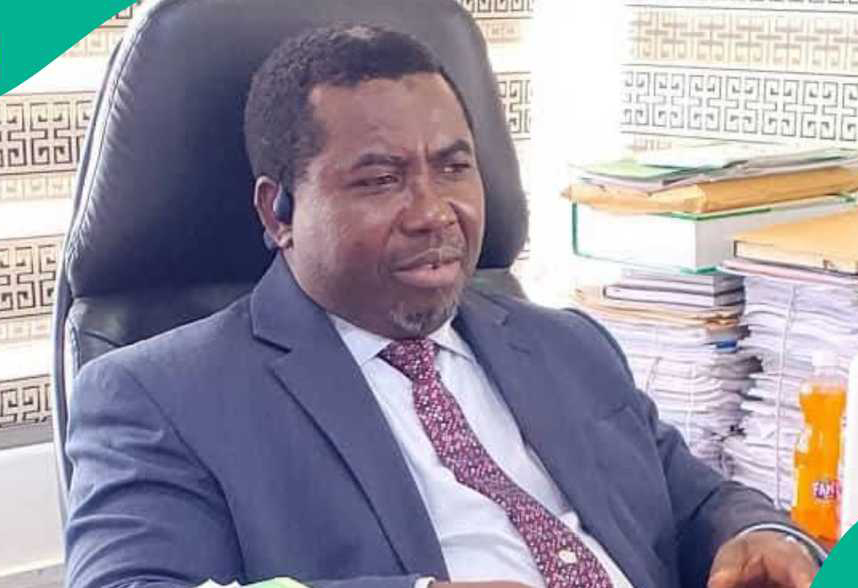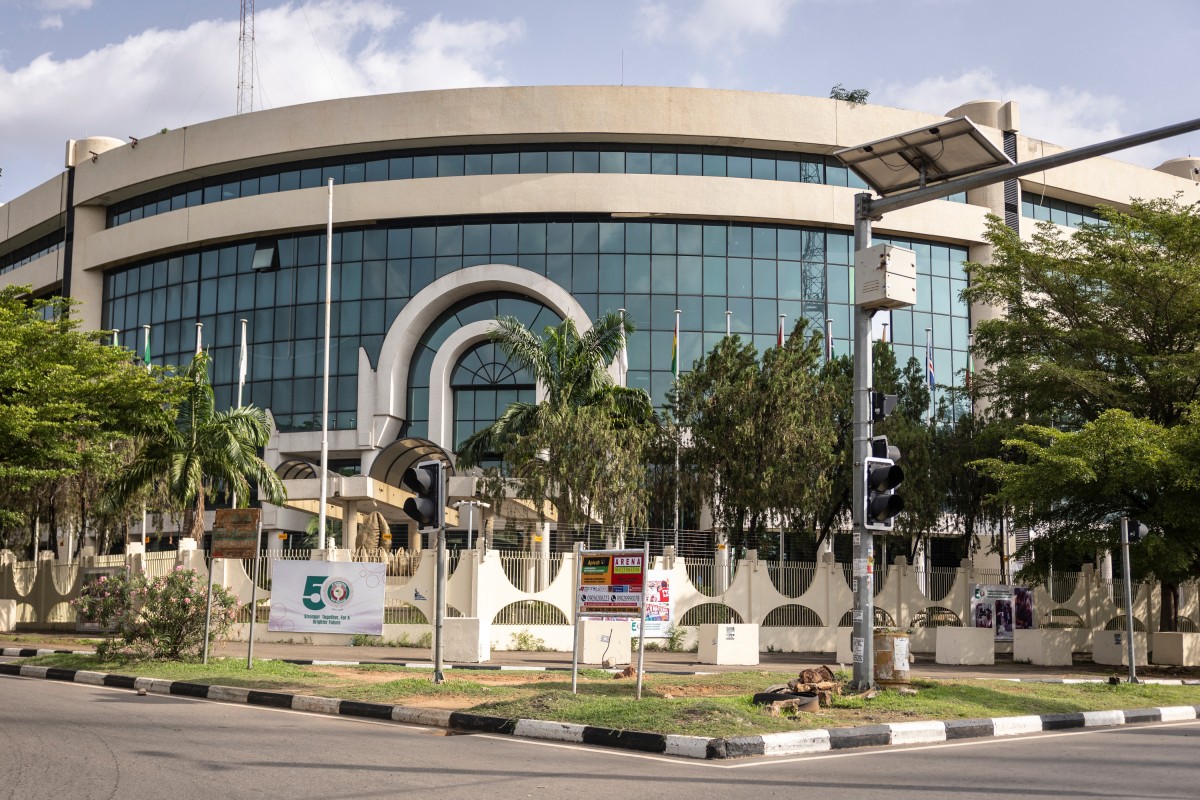Tomorrow’s scheduled judgment of the Federal High Court in Abuja, in the prosecution of Nnamdi Kanu, leader of the Indigenous People of Biafra (IPOB), for criminal offences, will most likely present a turning point in the case; but it is unlikely to end the anxiety and drama that have consistently marked the proceedings over the past 10 years.
Whoever wins – Kanu or the state – it is almost certain that a party will appeal, to continue the anxiety. If anything, the recent intervention by Obi Agwuocha, a federal lawmaker from Abia State, openly accusing the National Assembly of being “dangerously silent” over Kanu’s (alleged) deteriorating health, is but an addition to the storm.
For one, it is unclear what specific parliamentary actions the lawmaker is seeking over a matter that is pending in court. Moreover, the Nigerian Medical Association has certified Kanu medically fit to stand trial after a full health evaluation. Kanu’s trial has remained a subject of global attention and is unarguably the most intriguing criminal case in Nigeria’s recent history. The outcome has the potential to impact the country’s political climate.
The theatrics surrounding Kanu’s case started in 2015 when the IPOB leader was arrested and subsequently arraigned in court by the Nigerian government over allegations of terrorism and treasonable felony, defamation, managing an unlawful society, and illegal possession of firearms, among other charges. After the arraignment, Kanu was granted bail on stringent conditions, but he fled the country after his residence was invaded by security operatives. In March 2018, an amended indictment was prepared against him in absentia.
In June 2021, the Nigerian government, in collaboration with its Kenyan counterpart, abducted and extradited Kanu from Kenya to Nigeria, an action that attracted widespread criticism as being in disregard of the countries’ respective local laws, international laws, conventions, and treaties.
Following his re-arrest in Kenya, the indictment against him was amended on three further occasions: first on October 13, 2021, and October 20, 2021, when it expanded from four charges to seven charges; and then on January 17, 2022, when it expanded again to cover 15 charges. Kanu pleaded not guilty to all charges.
He challenged his extradition by instituting both civil and criminal proceedings in Nigeria and Kenya against the respective governments. In a 13-page judgment delivered on June 24, 2025, over one of the civil suits, Justice E.C. Mwita of the High Court in Nairobi, Kenya, declared Kanu’s extradition illegal, unlawful, unconstitutional, and, in consequence, awarded 10 million Kenyan shillings in damages to Kanu against the Kenyan government for its role in the unlawful abduction and rendition.
That decision mirrored the earlier position of the Federal High Court, Umuahia, on October 26, 2022. In that case, Justice Evelyn Anyadike held that the extradition was unconstitutional and illegal and ordered the Nigerian Government to pay N500 million damages to Kanu.
Similarly, on the criminal matter, Justice Binta Nyako of the Federal High Court, Abuja, dismissed eight of the 15 amended charges against Kano on April 8, 2022. And on October 13, 2022, the Court of Appeal dismissed the outstanding seven charges.
Oludotun Adefope-Okojie of the Court of Appeal stated inter alia: “… By the forcible abduction and the extraordinary rendition of Mr Kanu from Kenya … in violation of international laws and state laws, the lower court or indeed any court in this country is divested of jurisdiction to entertain charges against Mr. Kanu and I so hold.”
However, the Supreme Court overturned the judgment on December 15, 2023, ordering continuation of the trial. The apex court acknowledged the illegality of Kanu’s rendition but held that such an unlawful act has not divested any court from proceeding with the trial. It maintained that: “Our law is that evidence illegally obtained is valid before the court. A violation of Mr Kanu’s right should have been by way of civil proceedings.”
The resumed hearing had a turbulent take-off and has been marred with diverse disruptions largely instigated by Kanu, the defending party. The situation deteriorated to the point that Justice Binta Nyako, who had been presiding over the trial, recused herself at the instance of the defendant. She was not the only judge who handled the case and excused herself at a point. Justice Mohammed, the first judge to preside over the initial arraignment in December 2015, recused himself.
Before Justice Nyako’s final disengagement from the case, she had earlier recused herself, only for the Chief Judge to return the file to her. Justice John Soho had sat over the case and recused himself before becoming the Chief Judge. The current judge, Justice James Omotosho, took over the case in March this year. Kanu openly accused the judges, including Omotosho, of bias and poor knowledge, which stalled the proceedings. Kanu mostly raised his objections on grounds of fair hearing and the jurisdictional competence of the court which, however, dismissed them for want of merit.
But Kanu has remained resolute. In a letter addressed to Justice Omotosho dated October 28, 2025, titled “Dismissal of prosecution of Mazi Nnamdi Kanu for lack of jurisdiction”, Kanu’s international counsel, Bruce Fein (a U.S. national), threatened that the judge will be ‘legally implicated’ in the crime allegedly committed by the Nigerian government (over the continuous detention and prosecution of his client) if he refuses to dismiss the case. The letter raised questions on the propriety and motive of a lawyer to write directly to a judge presiding over a live case.
Interestingly, when the trial eventually progressed to the defence stage, Kanu disengaged his legal team and elected to self-defend but persistently refused to file his statement of defence until the court threatened to foreclose his right to defend the suit. Justice Omotosho eventually fixed tomorrow, November 20, for judgment.
While Kanu’s conduct is regarded as risky, it is the prerogative of an accused person to conduct his defence (either personally or through a lawyer) in the best legally permissible way he sees fit. The entire episode is discomforting and controversial, even as the government had seemingly resolved to pursue the trial rather than opt for a political solution canvassed by many Nigerians.
Along the line, protests have been organised by human rights activists demanding Kanu’s release, sidelining calls for a fair trial. Nigerians thus await, with bated breath, a final resolution of this protracted matter.






